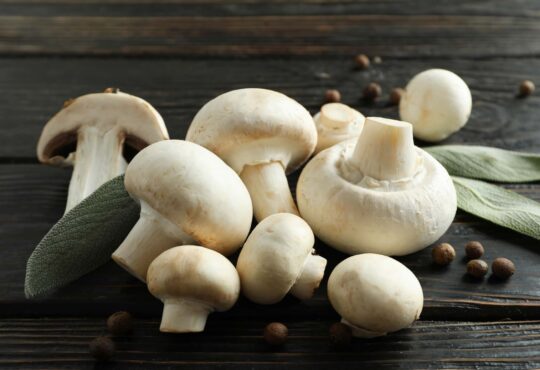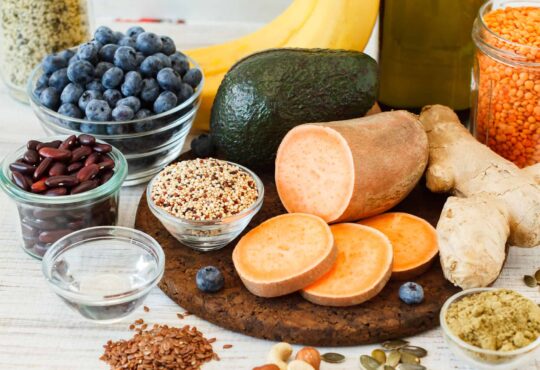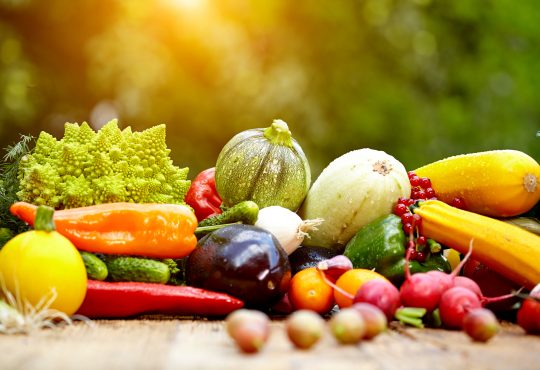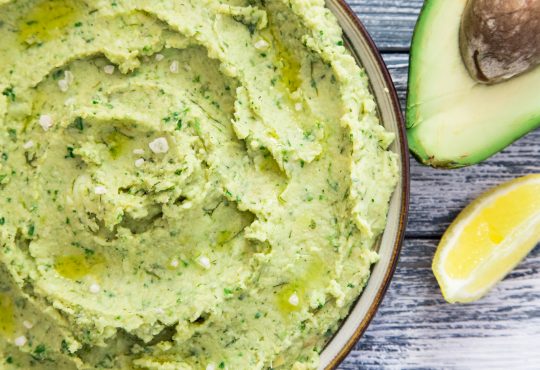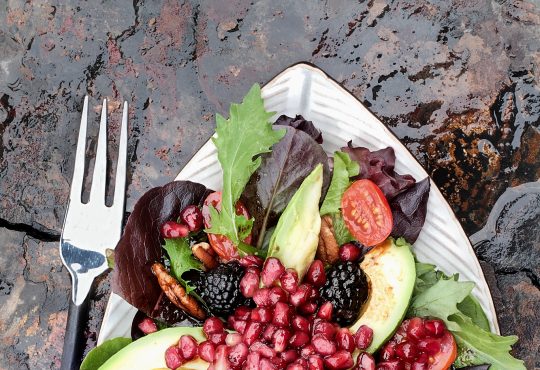5 Fantastically Great Reasons Doctors and Nutritionists Say You Should Eat Lots of Vegetables
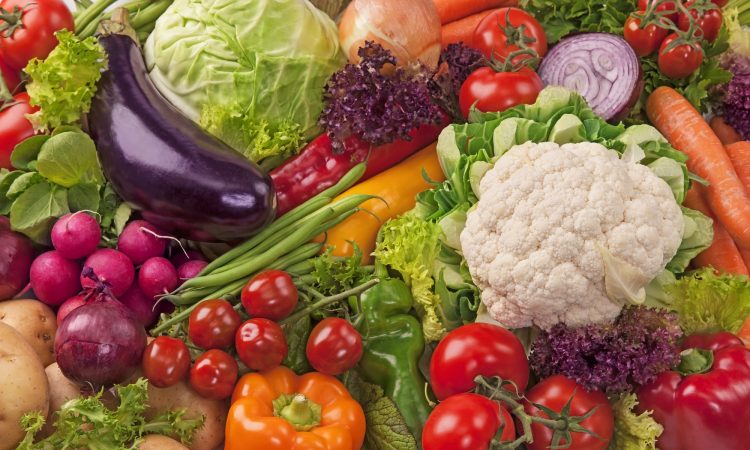
Eating vegetables improves your health.
In this crazy world, dietary experts are at war with each other over meat, fruit, carbohydrates, fat and protein. BUT –
They agree on one thing (and only one thing): vegetables.
So, just what IS so great about vegetables, anyway?
Glad you asked.
1. Fiber
Fiber is important for bowel health, having good digestion and maintaining regularity of your bowel movements. In addition, it lowers your cholesterol by sponging up waste cholesterol in your digestive system.
One scientific study compared rural Africans to African-Americans. In rural Africa, colon cancer is rare. Yet it’s the Number Three cancer killer of African-Americans. (It’s also the Number Three cancer killer of all other Americans, but the study wanted to keep genetics as a constant.)
One of the main reasons for the dramatic and deadly discrepancy in colon cancer rates is the extremely low amounts of fiber in the typical American diet. The government recommends we consume around 30 grams of fiber every day, but the average American consumes only about 15.
The rural Africans, however, ate around 66 grams of fiber per day.
Everybody in both groups was given colonoscopies. These exams found pre-cancerous polyps in some of the African-Americans, but in none of the Africans.
When they put the African-Americans on a high-fiber diet and the Africans on a low-fiber diet, all the biomarkers in both groups began to change in just two weeks. In that short time, the Africans began to appear at risk for colon cancer and the African-Americans had healthier-looking colons.
The study concluded eating 50+ grams per day of fiber may help prevent colon cancer.
2. Colors
Vegetables don’t contain red, green, purple-blue, yellow and brown colors just to look pretty. Those are the phytochemicals plants produce to protect themselves against threats such as insects, pollution and disease.
These phytochemicals are powerful antioxidants that protect your cells and your DNA from damage inflicted by oxidative stress – free radicals.
Some of them block carcinogens. Others stop the uncontrolled reproduction of cells, slowing the growth of cancer. Others help you fight cancer by discouraging angiogenesis. That’s the formation of new blood vessels to feed tumors. When your body doesn’t feed tumors by growing new blood vessels, the tumors remain harmless because they cannot grow larger than the head of a pin.
3. Thousands of Colors You Can’t Find in a Pill
About ten years ago, many alternative health experts were shocked and dismayed when a research study concluded taking beta carotene supplements shortened the lives of smokers. There had to be a mistake, the alternative health proponents insisted.
Beta carotene is a phytochemical found in yellow/orange foods such as sweet potatoes, carrots and mangoes. It’s healthy.
But this study came on top of similar results regarding Vitamin E supplements.
When you take beta carotene, Vitamin E or another antioxidant in a pill, it’s isolated from its natural environment – food. It hurts instead of helps you either because you take too much, or because you’re not getting it in balance with the hundreds or even thousands of other antioxidants in the vegetable.
All vegetables contain a wide variety of phytochemicals that benefit your health, but which have never been studied, let alone isolated into a supplement. To get them all, you must consume the vegetable.
4. Weight Loss or Control
The many nutritional benefits of vegetables come with few calories. With the exception of the avocado, which is high in fat, vegetables have the lowest caloric density of all foods. That means you can stuff yourself with broccoli without putting on weight. One pound of broccoli is only 128 calories.
The most calorically dense food is oil. One tablespoon of olive oil contains 120 calories. But one tablespoon of oil will obviously not fill up your stomach. To feel full while eating fatty food, you must consume it in high volume – which comes with many calories.
On the other hand, kale contains only 33 calories per cup. Therefore, it takes nearly 4 cups of kale to equal the calories in just one tablespoon of oil.
The same concept holds true for other vegetables. You can stuff your stomach with them so you feel full and satisfied. And your stomach’s stretch receptors are happy.
Therefore, if you’re trying to lose weight or stop gaining weight, eat as many vegetables as you can. That way, you’ll feel full, and not hungry, yet consume only a few calories.
So, go ahead binge out on tomatoes or onions. Eat as many as you can.
5. Kidney Protection
There’s a fad diet that advises people to eat “alkalinizing” foods such as vegetables to keep your blood pH alkaline and healthy. “Acidic” foods make the blood pH acidic and, therefore, unhealthy.
In reality, your blood’s pH must remain within a tight range of pH or you’ll die.
However, it’s the job of your kidneys to keep your blood within that narrow range of pH, and, over time, the effort of metabolizing acidic foods can damage your kidneys. When you eat a lot of acidic foods, your kidneys must work overtime to compensate.
Experts estimate one out of eight of Americans has chronic kidney disease, and 75% of them don’t know it.
Although your kidneys must struggle to metabolize the acidic foods, they can easily use the protein found in vegetables.
Other forms of protein put pressure on your kidneys and can lead to the leakage of protein into your urine. This does not occur when you consume vegetables.
Although people aren’t as frightened of chronic kidney disease as they are of cancer or Alzheimer’s, chronic kidney disease does end up in death. And it’s been on the increase in America since at least 1990.
Let’s see. Vegetables:
* Are full of fiber that improves your digestion and waste elimination, and lowers your risk of colon cancer.
* Contain many phytochemicals that act as antioxidants and protect your DNA.
* Contain phytochemicals in their whole, natural forms along with all the phytochemicals that don’t get isolated into pill or supplement form.
* Help control your weight.
* Help reduce your risk of developing chronic kidney disease.
That’s why vegetables are not just a trendy meme, they’re an essential component of a long, healthy life.
If you’re not eating a lot of vegetables, you’re not living to your full potential.
https://www.ncbi.nlm.nih.gov/pmc/articles/PMC3649719/
https://www.ncbi.nlm.nih.gov/pubmed/25919227
https://www.publichealth.org/public-awareness/cancer/
https://ucdintegrativemedicine.com/2015/06/why-phytochemicals-are-important/#gs.qa4o81
https://healthyeating.sfgate.com/colors-fruits-vegetables-play-important-role-1660.html
https://www.ncbi.nlm.nih.gov/pubmed/20155614
https://oliveoillovers.com/calories-in-olive-oil-nutrition-facts/
https://nutritiondata.self.com/facts/vegetables-and-vegetable-products/2461/2
https://www.youtube.com/watch?v=002pzXT9TT4
https://nutrition.org/alkaline-diets-and-kidney-disease/
https://nutritionfacts.org/video/flashback-friday-which-type-of-protein-is-better-for-our-kidneys/


